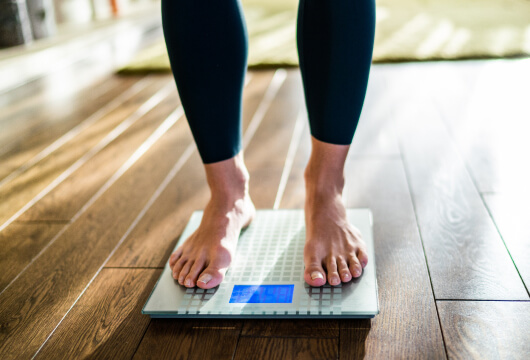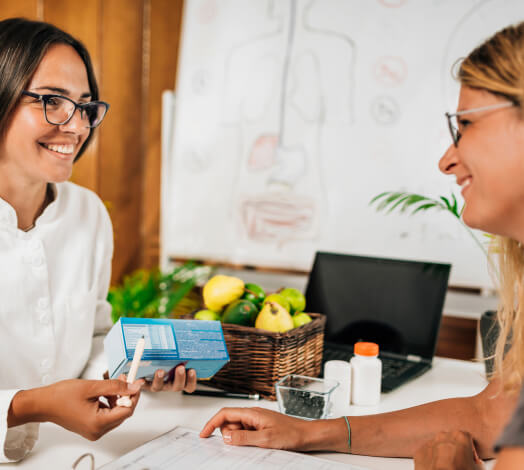Your future health
Understanding the risks, staying healthy and planning for future pregnancies is the key to good health after a pregnancy with gestational diabetes.
Learn about the support that is available to help you.
Your health after gestational diabetes
Staying healthy after pregnancy is important for you and your family.
Although diabetes usually goes away after your baby is born, you have an increased risk of developing pre-diabetes or type 2 diabetes as well as other health problems such as high blood pressure and heart disease in the future. You are also more likely to develop gestational diabetes again in another pregnancy.
Your baby will not be born with diabetes, but they have an increased risk of childhood obesity and type 2 diabetes later in life.
The good news is that having regular health checks and a healthy lifestyle can help you to look after your health and your family’s health.
Find out more
Your health checks, now and later
Your first follow-up check
Regular diabetes checks
You should aim to have regular diabetes checks every 1 to 3 years.
Regular diabetes checks are usually a simple blood test. Talk to your general practitioner (GP) for more information.The type of check and how often you need it depends on:
How long it has been since your last check
Results of your previous checks
Your risk factors for type 2 diabetes
Whether you are planning for another pregnancy
Tips for staying healthy
Eating well and being active can reduce your risk of developing type 2 diabetes and improve your overall health.

Aim to be in the healthy weight range
It will take time to return to your pre-pregnancy weight. A good goal is to try to reach this within 6 to 12 months after your baby is born.
If you are still above your healthy weight range after this time, even a small amount of weight loss will help reduce your risk of type 2 diabetes. Every kilo you lose can help.

Make healthy food choices
You do not need to be on a special diet. You just need to make healthy choices and get the right balance to eat well.
Try these tips for eating well:
- Plan healthy meals and snacks ahead of time.
- Aim for 2 serves of fruit and 5 serves of vegetables every day.
- Take care with portion sizes.
- Limit fast foods, takeaways and alcohol.
- Avoid foods and drinks high in sugar and choose healthy snacks.
- Enjoy healthy meals as a family.

Be physically active every day
Physical activity can improve your general fitness, energy, mood and emotional wellbeing.
It can also help you maintain a healthy weight after pregnancy. Talk to your doctor once you are ready to return to being active after your baby is born. Once you have built up your activity levels, aim for at least 30 minutes of moderate activity on most days of the week.
Encouraging the whole family to eat well and be active will have benefits for everyone.
Find out more in our Life after gestational diabetes booklet.
Having another baby
It is a good idea to plan ahead and look after your health before you become pregnant. This will help you and your baby to be healthy.
1. See your GP for a diabetes check.
2. Eat well, be active and aim for a healthy weight.
3. Get checked for gestational diabetes early in all future pregnancies.
Planning another pregnancy checklist
Use reliable contraception while planning your pregnancy.
See your GP for pregnancy planning advice.
Have a diabetes check.
Aim for a healthy weight.
Make healthy food choices.
Be active every day.
Get checked for gestational diabetes early in your pregnancy.
Plan to breastfeed.
Find out more in our Planning for pregnancy after gestational diabetes checklist.
Supporting you
in your future health
1.
- Update your contact details including your email address
2.
- Join the
- Baby Steps program
To learn about eating well, physical activity, stress and managing your weight. The program will help you set and track goals that will support positive changes to your health and your family’s health.
3.
- Find a
- healthy lifestyle program
- available in your state or territory
These programs are designed to help you reduce your risk of developing type 2 diabetes. Programs may be available online, over the phone or face-to-face.

Contact the National Gestational Diabetes Register
A quick recap of what you need to know now




